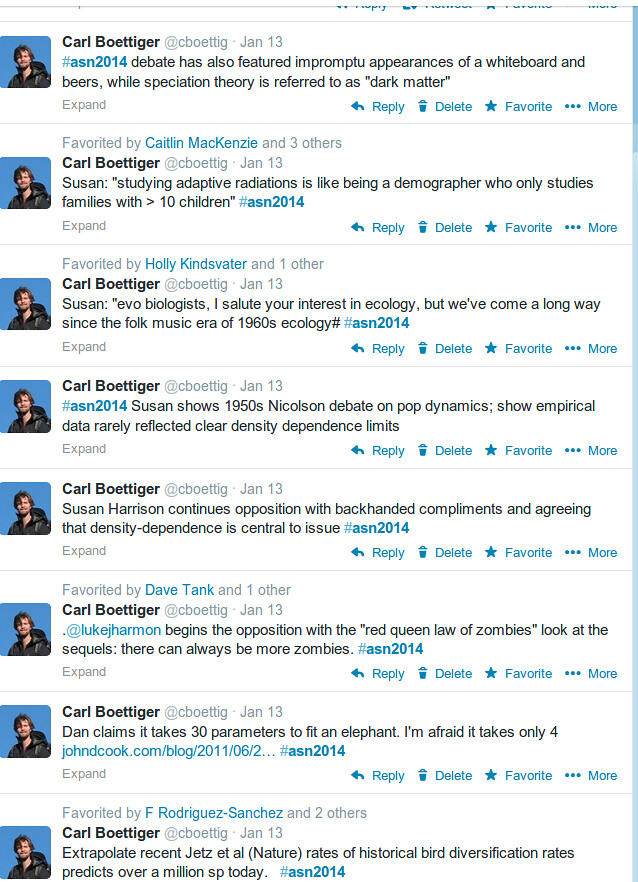갤러리 본문 영역
Exploring the Latest Political Developments앱에서 작성
National politics applies a considerable influence on the world of sports, affecting everything from professional athlete eligibility to hosting legal rights for major events. Government policies, financing choices, and international connections all play a role fit the showing off landscape, identifying where competitors are held, which professional athletes can get involved, and how sporting activities are controlled at both the nationwide and international degrees. The junction of politics and sports is probably most visible throughout mega-events such as the Olympics, where geopolitical stress and polite considerations often involve the fore.br/
 nPolitical information plays a substantial function in shaping the story around sporting activities occasions, affecting just how tales are framed, which athletes are highlighted, and what issues are prioritized in media protection. The junction of national politics and sports typically leads to arguments concerning the appropriate duty of professional athletes in political discussion, with some saying that sporting activities must stay apolitical, while others contend that athletes have a responsibility to utilize their system for social good. Information outlets play a essential role in mediating these debates, forming popular opinion and driving conversations concerning the partnership between sporting activities and politics.br/
nPolitical information plays a substantial function in shaping the story around sporting activities occasions, affecting just how tales are framed, which athletes are highlighted, and what issues are prioritized in media protection. The junction of national politics and sports typically leads to arguments concerning the appropriate duty of professional athletes in political discussion, with some saying that sporting activities must stay apolitical, while others contend that athletes have a responsibility to utilize their system for social good. Information outlets play a essential role in mediating these debates, forming popular opinion and driving conversations concerning the partnership between sporting activities and politics.br/
nIn even more current times, the problem of athlete advocacy has gained prestige, with stars like LeBron James using their systems to speak up on racial justice, weapon physical violence, and other social problems. The "Black Power" salute by Tommie Smith and John Carlos at the 1968 Olympics, the "I Can't Take a breath" t-shirts worn by NBA gamers in uniformity with the Black Lives Issue activity, and Megan Rapinoe's advocacy for LGBTQ+ civil liberties are all testimony to the enduring legacy of professional athletes as agents of adjustment in the political arena.br/
Appearing innovations, such as virtual reality and information analytics, are likewise poised to change how sports are eaten, experienced, and recognized in regard to wider societal fads. The crossway of politics, sporting activities, and information presents both challenges and opportunities for stakeholders in these fields, needing a nuanced understanding of how their activities and decisions resound across interconnected systems. As we browse this complicated landscape, something continues to be clear: the discussion between national politics, sports, and information is much from over, with each world affecting and forming the others in a dynamic interplay of power, enthusiasm, and possibility.br/
nThroughout background, there have been numerous instances where politics and sporting activities intersected in impactful means, leaving a lasting imprint on both realms. Among one of the most legendary examples is the 1936 Berlin Olympics, where Adolf Hitler's program looked for to exploit the Gamings for publicity purposes, only to be overshadowed by the triumph of Jesse Owens, an African American professional athlete who won 4 gold medals and tested the Nazi ideology of racial supremacy. This watershed minute highlighted the power of sports to oppose political narratives and inspire hope despite oppression.br/
nThe connection in between sporting activities and political activism is a dynamic and developing one, wayzatapartners.Com marked by minutes of protest, solidarity, and advocacy that challenge the status quo and promote purposeful adjustment. Athletes, as somebodies with a system, frequently find themselves at the center of social and political movements, using their exposure to amplify marginalized voices and hold systems of power to account. From increasing recognition about racial oppression to promoting for gender equality, athletes have actually become effective representatives of change in the defend a extra just and equitable society.br/
nSports have lengthy played a critical function in militarizing political activities and driving social adjustment. Athletes, with their presence and impact, typically end up being supporters for numerous causes, utilizing their platform to elevate recognition, challenge injustices, and inspire activity. From Muhammad Ali's position versus the Vietnam War to Colin Kaepernick's kneeling protest against cops brutality, athletes have historically leveraged their popularity to bring attention to pressing social issues, sparking disputes and setting in motion support for change.br/
Additionally, sporting activities as a social phenomenon have the power to go beyond boundaries and join people throughout political separates. International competitions act as sectors of diplomacy, cultivating discussion and understanding in between nations also in times of problem. The shared passion for sporting activities can connect ideological differences and develop common ground for collaboration, demonstrating the unifying potential of sports ventures in a politically charged world.br/
추천 비추천
1
0


댓글 영역